Review: Blocks World by Emma Catherine Perry
Emma Catherine Perry’s debut poetry collection, Blocks World (Great Place Books), has arrived at the right time. Around Thanksgiving in 2023, several researchers sent a letter to OpenAI’s board of directors warning of a breakthrough in artificial intelligence that could threaten humanity. There are questions about whether scientists even understand the specifics of this technology. Meanwhile, the contents of Blocks World are arranged like the folders of a computer into five separate groups: “<>”, “Blocks World”, “Cluster Analysis”, “Download.doc”, and “Second Person.”
Poems within a group share a family resemblance. Each of the poems in the “Blocks World” group has a subtitle that takes the name of a plant or animal (“The Lobster”, “The Pea Plant”, “The Octopus”). Though the titles are organic, the poems in these sections play off the differences between the animal and artificial worlds. In “The Lobster,” the speaker asks questions of a computer program, as one might query ChatGPT.
Hey computer, do you think the pea plant feels pain
the way a person feels pain?
CLARIFY PERSON
I am a person
CLARIFY PAIN
You are a pain
This back and forth adds humor but also demonstrates the speaker’s desire to understand themselves. The “pain” in question stems from family issues, further examined under the “Second Person” group. The poems within this group use a more conventional style and contain emotional explorations of the speaker’s relationship with their troubled sister. In “What Would Charo Do,” repetition functions like an incantation for the missing: “It’s evil to make dinner when your sister is missing,” “It’s evil to mentally prepare for a meeting when your sister / is missing.” The poem asks us how we can laugh or watch TV or drive if someone we know is in despair. Moral thoughts latch onto our simple habits.
Later, in “The Sign of the Self,” the speaker is more explicit about these disappearances:
Is this the implacable place that you go
when you fall off the face of the earth
disappearing for days and once for two years
into the heat-wavered distance of absence?
Perry branches from this human anxiety into the computer world, using the act of writing as a focal point. In “Blocks World: Pea Plant,” the speaker requests rewrites of their work through the AI. The speaker struggles to articulate their feelings about their sister (“if you try to touch something but it pulls back from you, / are you hurting it?”), but is never satisfied with the AI’s help.
In the background of Perry’s book lurk questions about our nature. Are our brains analogous to advanced AI, neural networks filled with content from the world? Should we look to our own creations to examine ourselves? Or return to the simpler species like the lobster for answers?
Perry examines these ideas in relation to the speaker’s feelings but receives complex responses (“I will always swim out to save you / I will always push you away”). Ultimately, Blocks World sees a human being as a “bloodful machine,” where both its existence and its meaning are inaccessible and strange.
Mind is a wall of leaves that looks solid
and then a bird flies through


